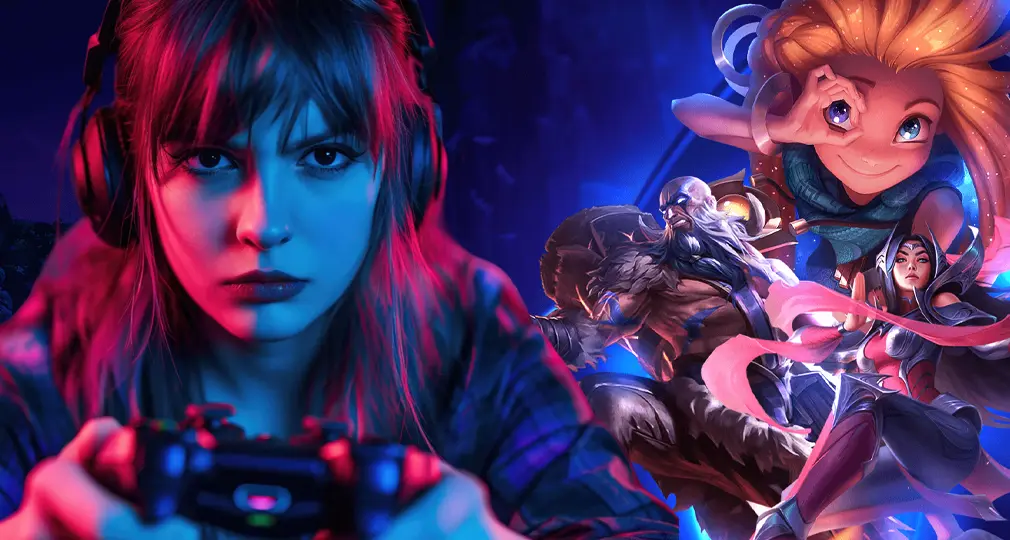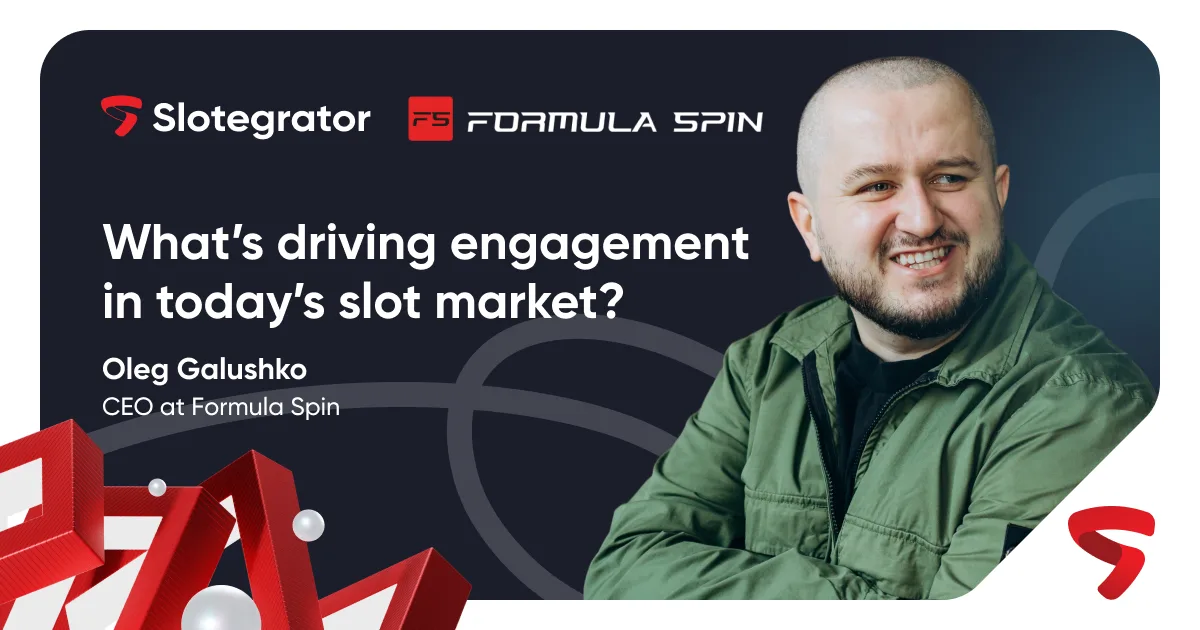In esports, any player can rise to the top and win prestigious tournaments. To understand how to achieve such success, let’s take a look at some real stories from League of Legends (LoL) players.
LoL has a simple structure, making it easy for newcomers to evolve into professionals. However, motivation is key, and players often find it by watching their rivals succeed. Everyone starts with the same opportunities, and esports stars don’t attend special schools or inherit titles – they earn everything through hard work.
Faker (Lee Sang-hyeok)
At 19, this Korean player was already considered the best in the world, winning gold at all the major tournaments. Faker started playing almost from the launch of the game, practicing in normal and ranked matches. Success came after two years, and he became a household name in the LoL community. The official LoL website describes him as a player with no weak points. His training regimen was rigorous, and during the Season 3 World Championship, he played for 14 hours a day.
IMP (Gu Shen-bin)
IMP, a 20-year-old esports prodigy, began playing in 2011, and his hobby quickly turned into a full-time career. After just two months, he reached a rating of 2,000 Elo, showcasing his impressive style. He won his first gold at NLB Summer 2012 with MVP Ozone, just six months after starting to play.
KaKAO (Lee Byung-kwon)
A top jungler, KaKAO is renowned for his strategic vision. After switching several teams, he currently plays for Invictus Gaming. He’s particularly celebrated for his performances on Kha’Zix. KaKAO emphasizes teamwork and fulfilling his team’s needs during the laning phase. He was once considered the best player during OGN championships, but with the growth of other players, he no longer views himself as number one.
ROOKIE (Song Yu-jin)
Known as the “little Faker,” Rookie has been a star since 2014. Despite recognizing Faker as the strongest player, he has bested him multiple times and aims to surpass him. His career is a testament to how tactical skills and quick thinking can lead to success, regardless of the perceived talent gap.
Read more: Most Popular Competitive Mobile Games












